Are you wondering why you are not happy? The things you loved doing doesn’t make you happy anymore. So what can you do to get past that feeling?
Sometimes life can feel miserable and difficult and hopeless. I know this all too well. Six years ago, my life completely fell apart and all I could think about was how it was over and would never be the same again.
I wondered how I would ever be happy again. I really didn’t think it was possible.
After a lot of inner work and mindset shifting, I’ve come to a place of peace and acceptance. I’ve been to therapy, read a bazillion books, and hired a life coach.
And what I’ve learned is that life doesn’t have to feel miserable and difficult and hopeless. I think there are three main reasons that I stayed stuck in this feeling for so long.
In this article, you will learn these 3 reasons why you are not happy feeling miserable in your life and what you can do to change that.
3 Reasons You Are Not Happy
1. You’re Attached to the Way You Want Things to Be
“It isn’t the things that happen to us in our lives that cause us to suffer, it’s how we relate to the things that happen to us that causes us to suffer.”
Pema Chodron
One of my favourite authors, Pema Chodron, wrote that the reason for suffering is our attachment to comfort, or things being the way we want them to be or think they should be.
We run into trouble when things don’t work out how we want them to work out or when they don’t work out how we feel they “should” work out.
We’re attached to a certain outcome and when it doesn’t happen as we want it to, we experience discomfort in the form of emotions, stress, depression, anxiety, and the like.
Much of her work is about embracing that discomfort – leaning into it and trying to understand it with compassion.
If you are willing to lean in and understand your pain and move toward it, that’s really the key to being able to let it go, and thus, be happier.
Resisting pain or discomfort really only makes it feel worse.
Related: The Science Of Love: Lust, Attraction, Attachment & Brain Chemistry
2. You Get “Hooked” By Your Emotions
The thoughts we have about a particular circumstance drive the emotions we experience, and those emotions determine our actions and ultimately the results we get.
When we are attached to a certain outcome and things don’t go our way, we are likely to have a negative thought about it and create storylines to support our thoughts, and this creates what we perceive as negative emotions.
When we get “hooked” by these emotions and go down the rabbit hole with them, we experience discomfort and pain.
For example, if your best friend doesn’t text you for a week when normally you check in every couple of days, you might create a “story” that you must have done something wrong.
You might feel stressed, anxious, worried, or angry. You don’t know the real reason for her not texting you, yet you let these feelings spiral, getting worse with each passing day.
Your emotions have “hooked” you. They are taking you down a rabbit hole that you don’t need to go down.
If you were to choose a different thought, such as “I know she had a busy week at work. Maybe I’ll check in to see what’s up”, you didn’t get hooked by your emotions and your outcome would be entirely different.
Related: The Way Each Zodiac Sign Deals With Their Emotions
3. You’re Not Practicing Mindfulness
Mindfulness is about a lot more than meditation.
It’s really about the ability to be present in the moment and have awareness of what is going on inside you and around you.
The emotions we get hooked by start with a thought that is very likely an “autopilot” thought. A default thought that we have just because it’s been our go-to for a very long time. When we are not present with the NOW, we easily attach to those default thoughts because we don’t have the awareness that they are happening. And because we don’t realize we are inadvertently choosing those unhelpful thoughts, we are not able to consciously choose a different, more helpful thought.
So much about happiness is a mindset, and mindset really starts with mindfulness.
Your mindset is determined by the beliefs you have about yourself and the world and, to take it a step further, the thoughts you choose, whether inadvertently or consciously. If you can learn to be aware of your thoughts in the moment, you can choose more helpful thoughts and thus create a different, happier outcome for yourself.
So how do you solve the three things that are keeping you miserable?
How To Overcome The Feeling of Unhappiness
1. Don’t Let People, Things, or Circumstances Have a Hold on You
This means, work on not attaching to the way you want things to be, or the way you think things should be. Let go of the need to control outcomes.
Get comfortable with the concept of impermanence. In other words, NOTHING in life is permanent. The things you decide are “bad” aren’t, and the things you decide are “good” aren’t either.
Practice letting go of what no longer exists right NOW and what no longer serves you. A great way to do this is meditation or journaling.
2. Train Your Mind with Meditation and Mindfulness
You knew I was going to bring up meditation, didn’t you?
A lot of people get stuck when it comes to meditation because they don’t think they are supposed to have thoughts while meditating, and when they inevitably do, they think they are doing it “wrong”.
You WILL have thoughts! It is how it’s supposed to work, and the fact that you are having thoughts during meditation is a great place to start because you’ll get lots of practice observing them and learning not to judge them or attach to them.
Observing your thoughts during meditation is training your mind to notice your thoughts but not hook into them.
One thing I like to do is, when a thought pops into my awareness, picture it as a leaf floating down a stream, or a cloud passing by overhead. The thought is just something that is passing by. It’s impermanent. It is there, it floats, and then it’s gone.
The more you do this, the easier it will be. It does take some practice though!
As you become more and more aware of your thoughts, it will be easier for you to analyze the situation → thought → emotion cycle and begin to brainstorm other thoughts you could choose instead – more helpful thoughts.
Related: How Mindfulness Can Help During Self Isolation When Feeling Anxious & Lonely
3. Practice Gratitude
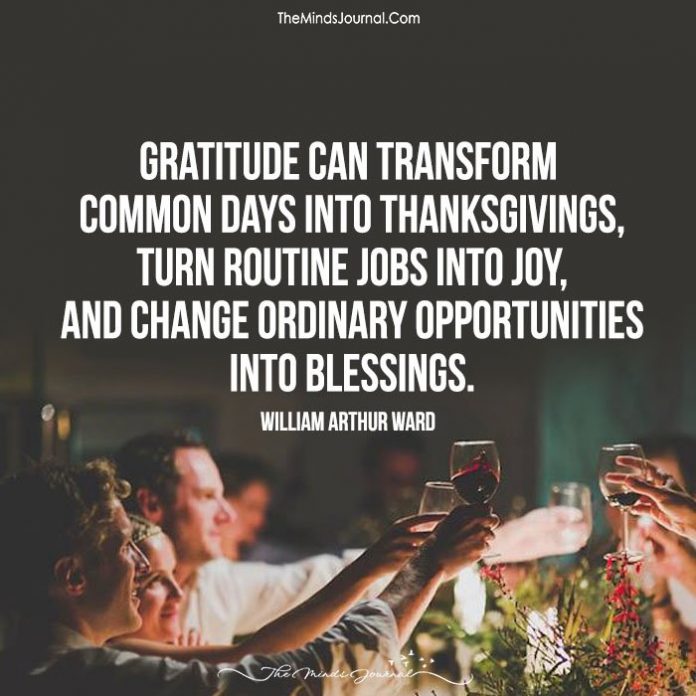
The simple act of writing down a few things you are thankful for each day puts you in the headspace of positivity, not negativity.
Over time, you are creating new pathways in your brain and eventually this mindset will become your default.
Related: 7 Laws of Gratitude That Will Change Your Life
4. Take a Look at Your Limiting Beliefs
Have you ever heard of a limiting belief?
A limiting belief is a belief we have about ourselves or the world that holds us back in some way.
The reason you attach to wanting things to be a certain way starts with belief systems that you hold deep inside your mind. They have often been there since childhood, so they are sneaky buggers that are oftentimes hard to identify and even harder to dismantle.
The good news is that you can dismantle them, and this is the foundation for not attaching to desired outcomes.
Your belief systems drive the thoughts you have about something, and when you can change beliefs that limit you to beliefs that are helpful, you are on your way to a much happier life!
The Choice is Yours
“We have a choice. We can spend our whole life suffering because we can’t relax with how things really are, or we can relax and embrace the open-endedness of the human situation, which is fresh, unfixated, unbiased.”
Pema Chodron
Ultimately, it comes down to this:
You can choose happiness over misery. Hope over hopelessness. You can choose an attitude of ease over difficulty.
Your happiness starts with three things:
- Not attaching to the way you want things to be
- Not hooking into your unhelpful thoughts, and
- Learning to be in the moment so you can become aware of your thoughts and ultimately choose more helpful and supportive ones.
Also know that you’re not going to change overnight, so practice self-compassion when you are not happy or get off-track. Be gentle with yourself and know that you have to start somewhere, no matter how small, and take pride in the fact that you are starting!
Written by: Kortney Rivard
Originally appeared on: Kortneyrivard.com
Check out Kortney Rivard’s podcast, Real, Brave & Unstoppable. Available on iTunes, Spotify, Google Podcasts and more!
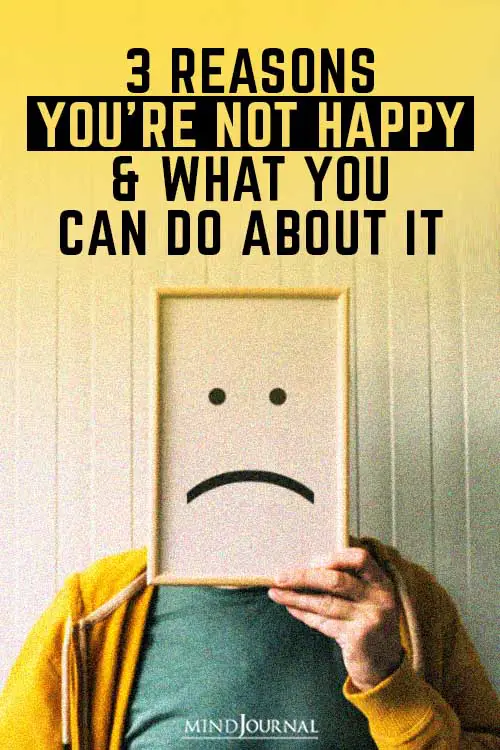
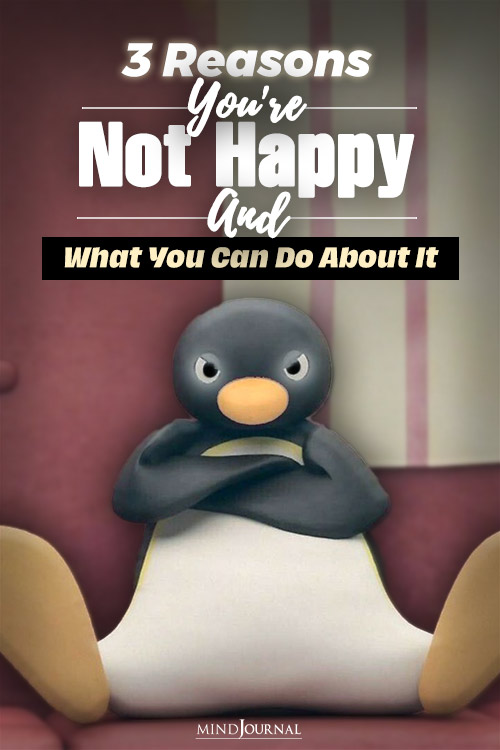
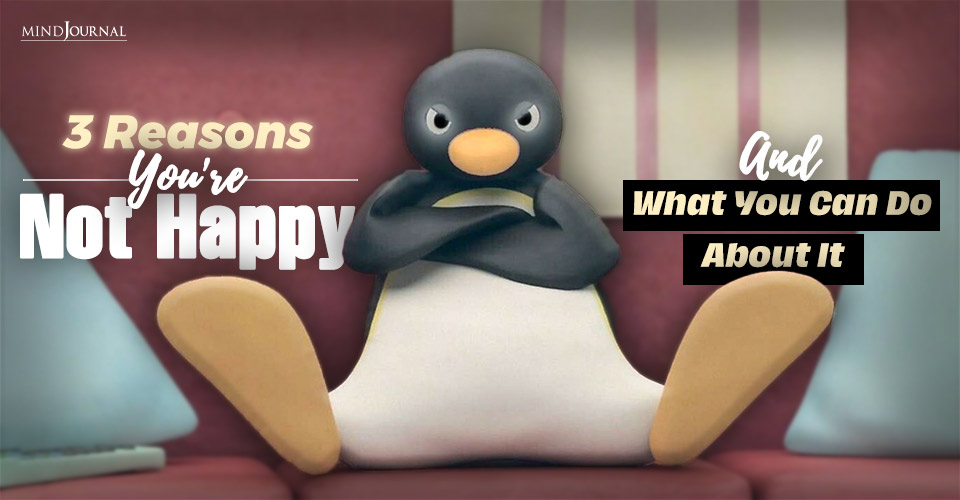





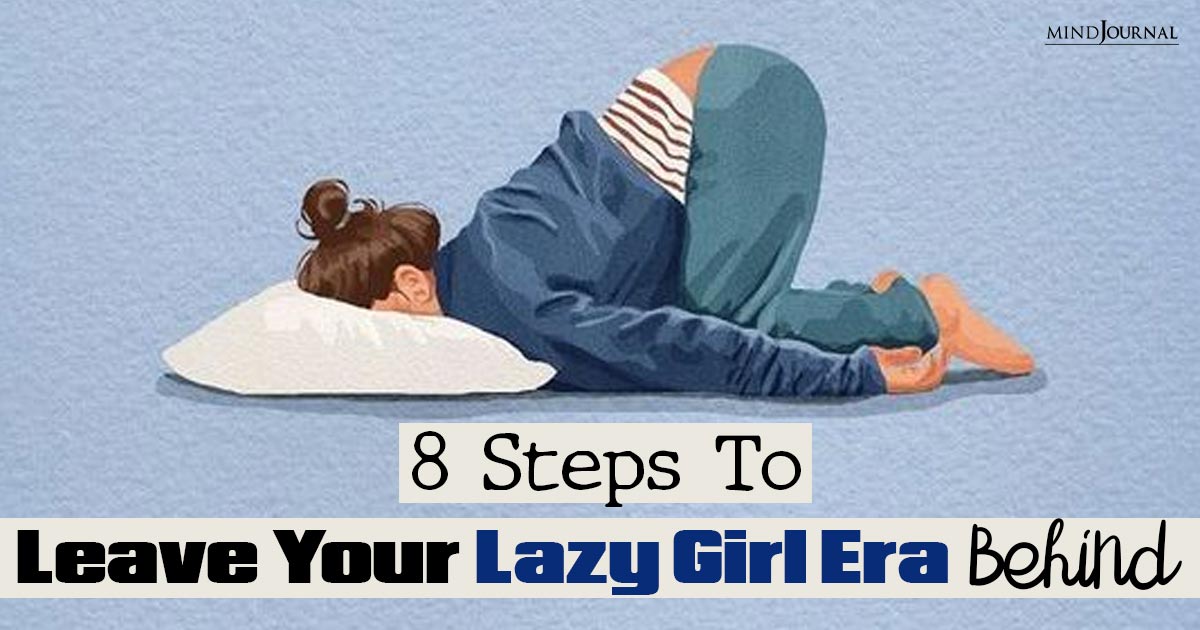

Leave a Reply
You must be logged in to post a comment.